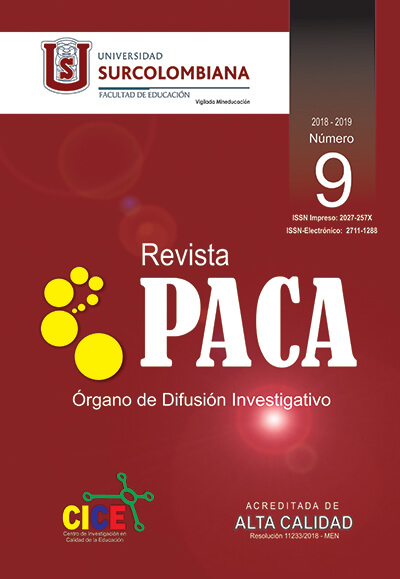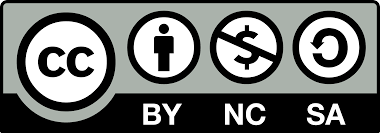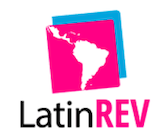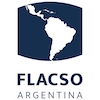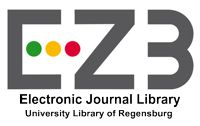Pacagrama y valoración del nivel de una institución educativa en cuatro categorías del pensamiento crítico. Reporte de un caso
##plugins.themes.bootstrap3.article.main##
La educación debe responder a los desafíos del desarrollo tecnológico y científico. El aprendizaje de las ciencias naturales y la educación ambiental en la Institución Educativa Quebradón Sur, ubicado en zona rural del Municipio de Algeciras-Huila, presenta algunas dificultades; una de ellas tiene que ver con que los alumnos de grado sexto no están desarrollando las habilidades necesarias que les permitan manejar y transformar la información durante el aprendizaje de las ciencias naturales. Lo anterior se manifiesta en el aula de clase en donde existe una gran debilidad para generar reflexión, pensamiento crítico, desinterés por el entendimiento de los fenómenos de la naturaleza, dificultad para encontrar utilidad al conocimiento científico y hacia la solución de problemas de su entorno y sus implicaciones en su desarrollo social, ambiental y cultural. Para tal fin, este proyecto tiene como propósito determinar si las clases que utilicen una aplicación interactiva en ciencias naturales y educación ambiental como recurso didáctico, llamada PLEVCO, permite desarrollar el pensamiento crítico y el aprendizaje de los alumnos. Lo anterior se establece a través de un análisis comparativo de los cambios en el desarrollo de cuatro habilidades del pensamiento crítico en alumnos que reciben una clase tradicional, y en aquellos que la reciben a través de una aplicación interactiva como recurso didáctico. Por sus características, el proyecto requiere tres elementos: la investigación curricular, la investigación evaluativa y las características de un estudio de caso.
Descargas
##plugins.themes.bootstrap3.article.details##
Campanario, J. M. (2004). El enfoque conexionista en psicología cognitiva y algunas aplicaciones sencillas en didáctica de las ciencias. Enseñanza de las ciencias, 22(1), 93-104.
Clavijo, R. (2010). Habilidades del pensamiento crítico en el bachillerato: Capacidad argumentativa.
Facione, P. (1990). APA Delphi Research Report, Critical thinking: A statement of expert consensus for. ERIC, 315-423.
Facione, P. (2017). Pensamiento crítico: ¿qué es y por qué es importante?. Obtenido de http://eduteka.icesi.edu.co/pdfdir/PensamientoCriticoFacione.pdf
Gross, B. (1997). Diseños y programas educativos. Pautas pedagógicas para la elaboración de software. Barcelona, España: Ariel.
Lipman, M. (1997). Pensamiento complejo y educación (Segunda ed.). Madrid, España: Ediciones de la Torre.


